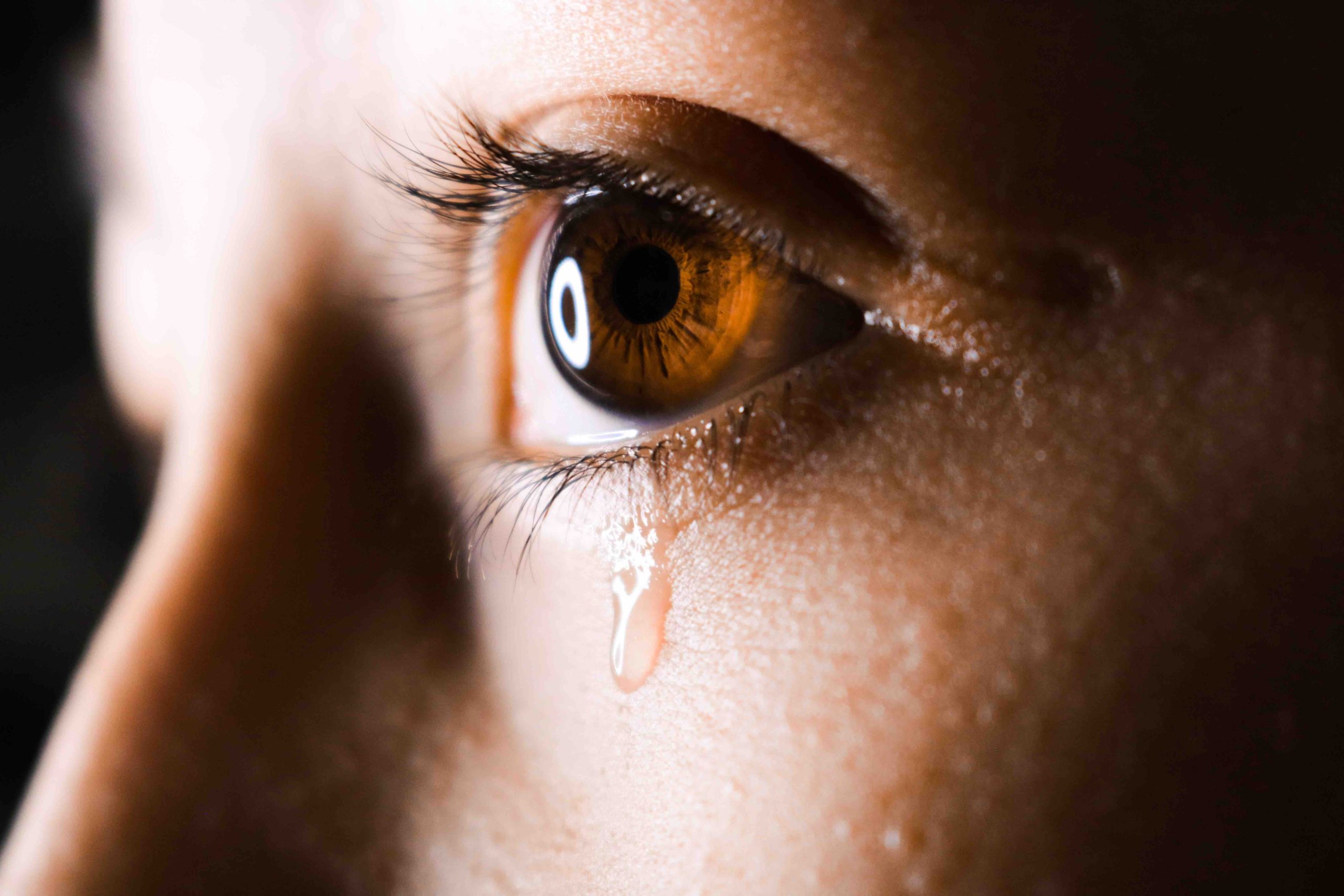- Free Consultation: 760-571-5500 Tap Here to Call Us
Women and Traumatic Brain Injury Recovery

Can sex or gender affect a person’s ability to recover from a traumatic brain injury (TBI) in Vista or elsewhere in Southern California? A recent article from Stanford Medicine discusses the ways in which women may experience brain trauma differently than men, and thus may have distinct recovery issues and timeframes. Our experienced Vista brain injury lawyers want to discuss the article with you and to encourage you to seek help from an attorney if you sustained a TBI because of another party’s negligence or wrongdoing.
Gender Differences After Traumatic Brain Injuries
The new article from Stanford Medicine profiles Dr. Odette Harris, who is an expert on brain trauma and a professor of neurosurgery. Harris is currently the director of the Traumatic Brain Injury Center of Excellence in Palo Alto. According to the article, as Harris began “analyzing brain trauma data from the Department of Veterans Affairs,” she came to realize that there was “a big gender difference in the aftermath of traumatic brain injuries, and no one was talking about it.”
Some of the differences or distinctions that Harris identified were as follows:
- Gender played a role in a brain injury victim’s experience of depression and substance abuse;
- Gender played a role in a brain injury victim’s experience of memory problems;
- Gender played a role in a brain injury victim’s experience of homelessness; and
- Gender played a role more broadly in other complications and problems a person experienced after suffering a TBI.
On the whole, experiences of depression, substance abuse, homelessness, and other problems occurred more often in women than in men. Harris indicated that she initially wondered about reporting these findings of gender disparities, given that she was “concerned that this information could be weaponized or misconstrued.” Indeed, Harris wanted to emphasize, “we’re not saying women don’t do as well as men, or women aren’t as strong as men.” Rather, she clarified, “we’re saying that women and men experience brain injuries differently, and we need to treat them as such.” Harris identified the differences as a “challenge in our field that deserves attention.”
Physical and Behavioral Differences
The article emphasizes that subsequent research has shown that women often have different behavioral responses to TBIs, and intimates that some of those behavioral or intellectual responses may be a result of social norms and general ways in which gender is constructed. At the same time, Harris and other researchers have found that physical differences in female and male brains also may play a role.
To be sure, the Stanford Medicine article cites brain imaging data, which reveals a possible “link between a physical trait of women’s brains—a thinning of part of the cortex—and the tendency to experience a different array of post-brain injury symptoms than men do.” The article underscores that women account for about 15% of all reported TBIs, but nearly all of the research to date has focused on men’s experiences and brains, and we need to change that to improve outcomes for women with brain injuries.
Contact a Vista Brain Injury Attorney
Do you have questions about filing a TBI claim? One of our experienced Vista personal injury attorneys is here to help. Contact the Walton Law Firm today for more information.
See Related Blog Posts: What Should I Do About a Slip and Fall in an Oceanside Supermarket? New California Brain Injury Research Focuses on Moderate Concussions









